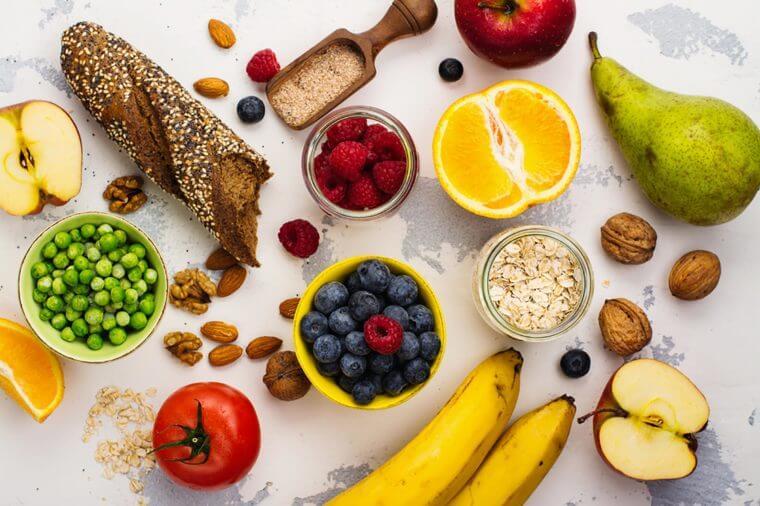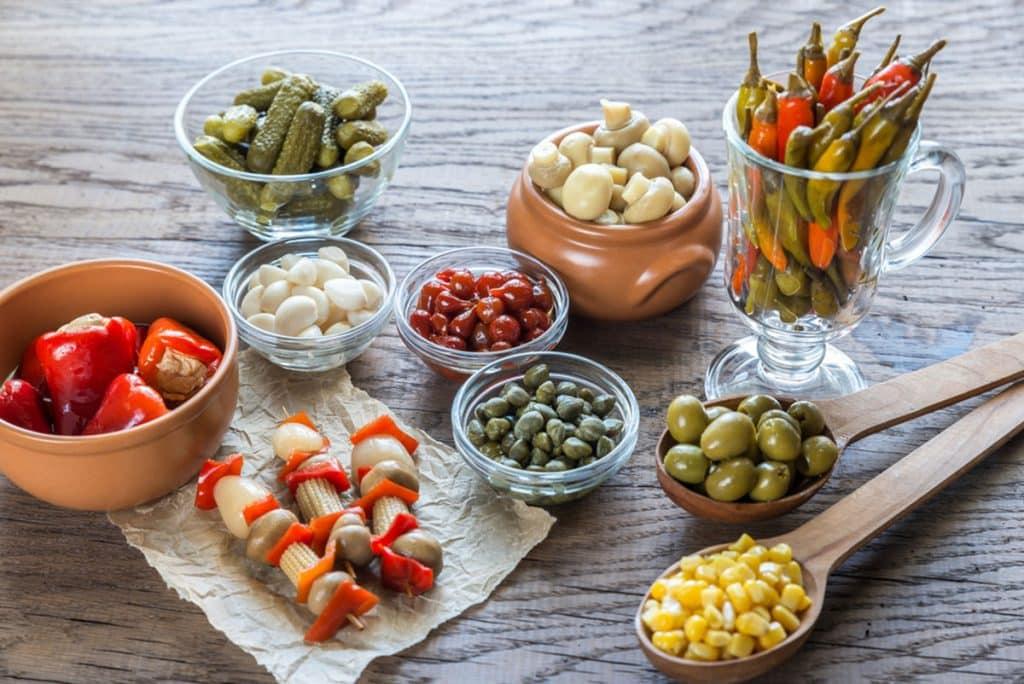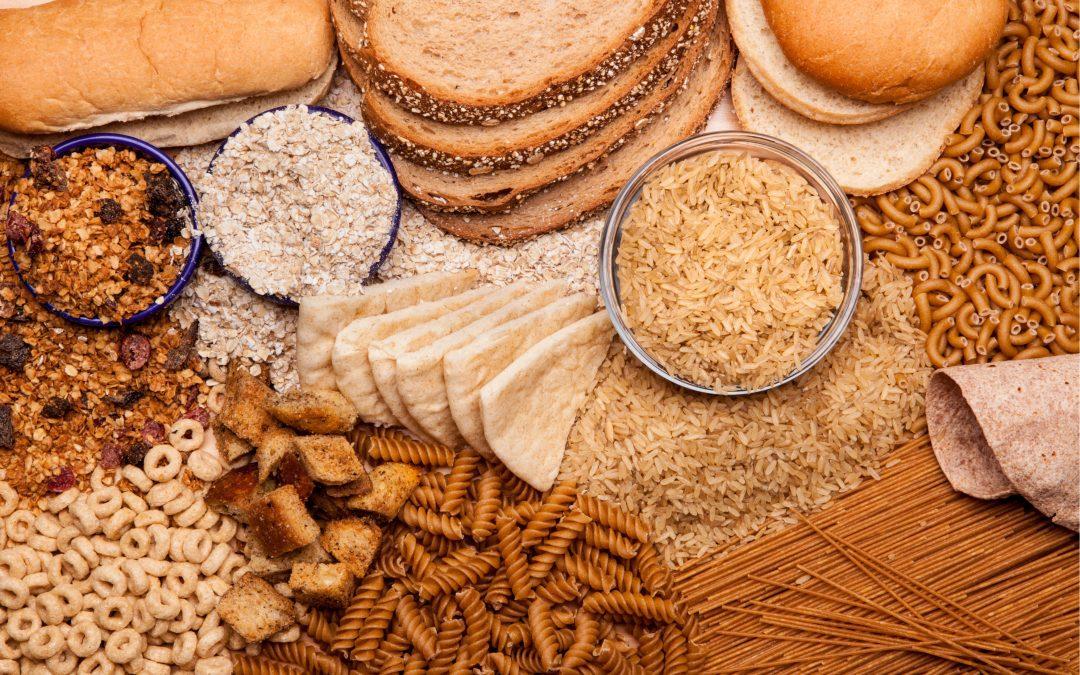Find Out How You Can Boost Your Gut Health
This post was last updated on April 2nd, 2020

Do you often experience problems such as constipation, bloating or diarrhea? The following symbolize poor gut health. An unhealthy gut is not only uncomfortable, but it can also impact on your mental health, your moods and even weight. It causes digestive disorders that may be stubborn to treat. That is why we should all strive to have a healthy gut to improve our overall well-being.
Problems with the gut come from a poor diet and unhealthy lifestyle. Things such as high intake of fat, food intolerance as well as alcohol can lead to gut problems. Certain medications can also affect your gut. Doctors reveal that high-stress levels affect the cortisol levels in the body impacting on your gut health. Allow us to take you through the strategies you can use to curb gut problems and improve your health.
Take vegetables and fruits
Vegetables are crucial since they provide your body with the necessary nutrients for better health. They contain vitamins that can prevent you from digestive disorders and fiber to improve your digestion. Vegetables ensure that your system runs accordingly to prevent problems like constipation and strengthen your immune system.
Fruits and vegetables prevent the production of bacteria that cause gut diseases. Take apples, blueberries, and artichokes since these raise the increase of bifidobacteria which is a good form. It reduces intestinal inflammation.
Consume fiber

The fiber in vegetables may not be sufficient to support gut health. You should increase your overall intake of fiber content by taking beans, nuts, and legumes. Plant-based foods are healthy for your gut, therefore, take green peas, broccoli, and lentils. A study reveals that vegetarians who stick to plant-based diets have fewer chances of developing gut problems compared to people who consume animal-based foods. You can, therefore, lead a healthy lifestyle by sticking to plant foods.
You should also take foods that are rich in prebiotics. These are the form of fiber or complex carbohydrates that are not digestible. They are broken down by some bacteria and used by the body as a source of fuel.
Prebiotic foods are a source of good bacteria to support gut health. They include foods such as garlic, onions, and bananas. Prebiotics encourage the growth of useful microbes in your gut. They can also reduce high levels of cholesterol to people struggling with weight issues. They can prevent you from diabetes and heart diseases. Prebiotics are known to lower the levels of triglycerides and insulin.
Take supplements
Your body needs compounds such as fulvic acid which have the necessary nutrients to support gut health. This element can give you minerals, silica, fatty acids and electrolytes that encourage the synthesis of collagen, probiotics, and prebiotics. It nourishes your digestive tract and supports the functioning of good bacteria to strengthen your immune system. They also affect your microbiota positively and support the metabolism.
Consume fermented foods

Look for foods that are also rich in probiotics such as kimchi, miso, sauerkraut, amasai and yogurt. Microbes alter such fermented foods by changing the sugars in them into organic acids. Fermented foods contain lactobacilli which are good bacteria that can benefit your gut health.
By taking more yogurt, you reduce the chronic diseases that come from harmful bacteria in the gut. Yogurt also reduces the signs of lactose intolerance and modifies your intestinal bacteria. It also prevents you from irritable bowel syndrome. Stick to plain yogurts that are made from by mixing bacteria with milk, eliminating sugar. Fermented soybean and kimchi may also benefit your gut flora.
Avoid alcohol
Alcohol is not healthy for your gut. It has harmful chemicals that can damage your liver and high sugar content that can raise your blood sugar causing diseases such as diabetes. Instead of alcohol, take more water to hydrate your body and supply it with enough fluids to aid in digestion.
Avoid junk food
The gut does not process most of the processed sugary foods. Avoid things like soft drinks, pizza, chips, and biscuits, and consume healthy ones that can be digested easily. Sugar in junk food can also impair the insulin response in your body and affect your gut microbiota. It also reduces the number of good bacteria in the gut and causes an imbalance. It leads to sugar cravings which increases the risks of inflammation and damages the gut.
Eat whole grains

Apart from the fiber in whole grains, these foods have non-digestible carbohydrates. The small intestines cannot absorb whole grains; thus they proceed to the large intestines. The microbiota breaks them down in the large intestines where they encourage the growth of useful bacteria. They also ensure that you remain full for long to prevent you from overeating. Whole grains can prevent you from heart diseases and minimize inflammation.
Take polyphenols
These are plant compounds which come with numerous health benefits for your gut. For instance, they lower oxidation stress, inflammation, high cholesterol levels and also reduce blood pressure. The human cells do not digest polyphenols due to poor absorption of these compounds. Therefore, the gut bacteria digest them in the colon.
You can get polyphenols from dark chocolate, almonds, red wine, grape skins, and cocoa. They promote the increase of bifidobacteria which is the good form while reducing the rise in clostridia which is harmful to your gut.
Watch your stress levels

High-stress levels also affect your gut negatively since it increases the production of harmful bacteria leading to conditions such as stomach ulcers. You can keep high-stress levels at bay by exercising, practicing yoga or even meditating. Working out supports your gut by facilitating the absorption of nutrients and reducing high cholesterol levels. Your body also requires enough rest to for a proper function of the systems. It also prevents you from fatigue and lifts your moods.
Final thoughts
Your gut contains numerous bacteria which consist of both good and unhealthy ones. The food that you consume affects the balance of this bacteria which determine how healthy your stomach is. You can, therefore, reduce disease-causing bacteria by taking healthy foods and eliminating unhealthy ones.
Recommended For You
Here’s How You Can Live Healthy Life With Diabetes
Most Inside
Most Inside offers high-quality recommendations and valuable updates to enhance all aspects of your life, providing premium guidance and enriching experiences.




